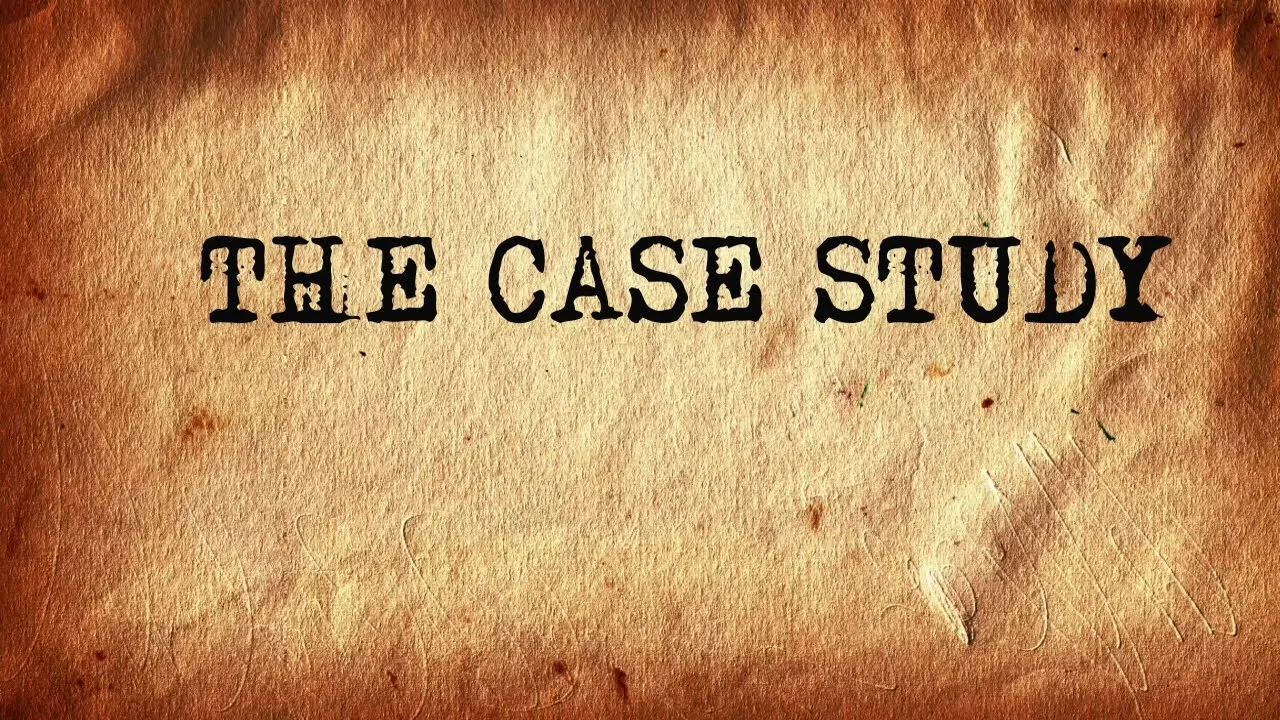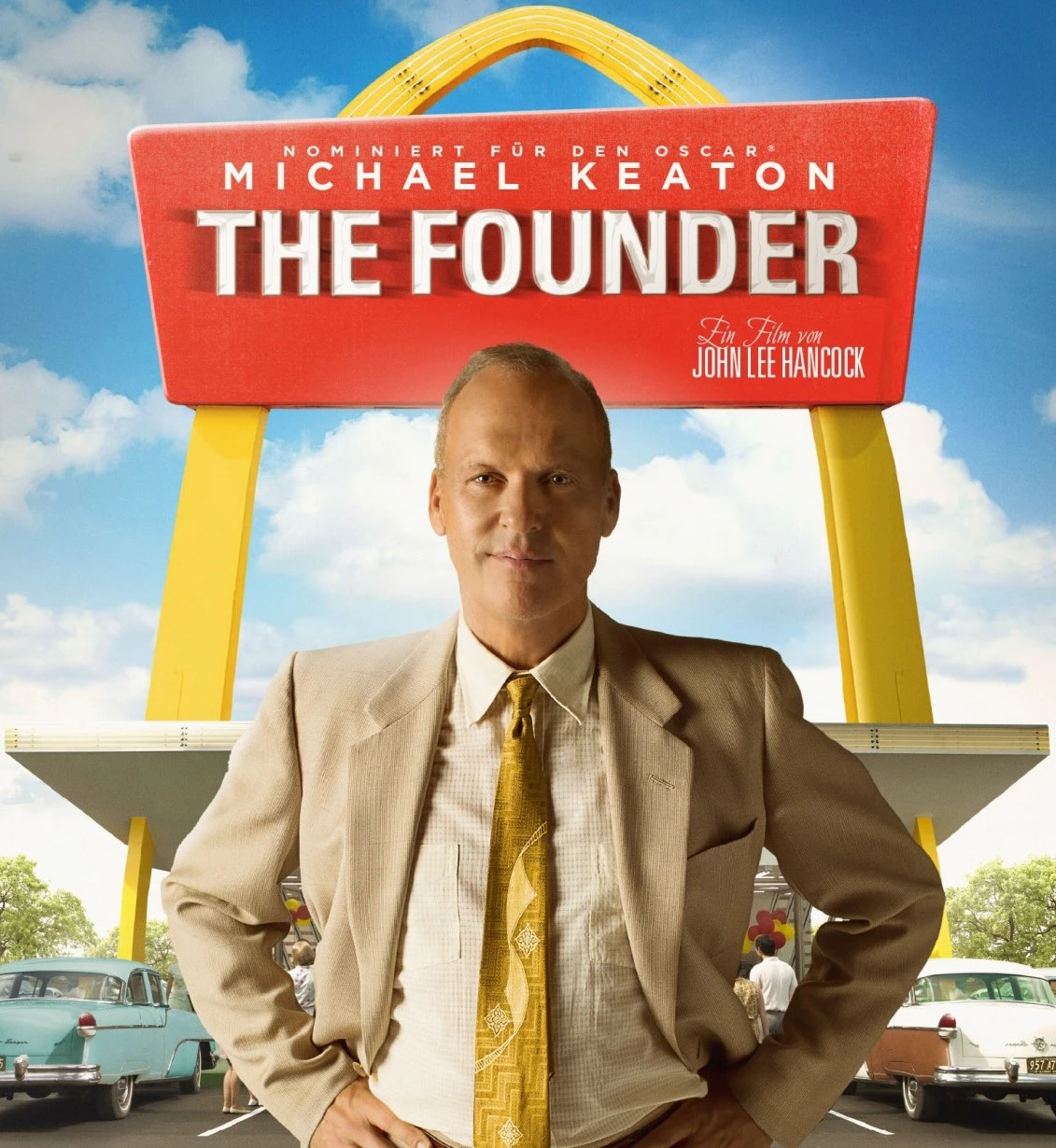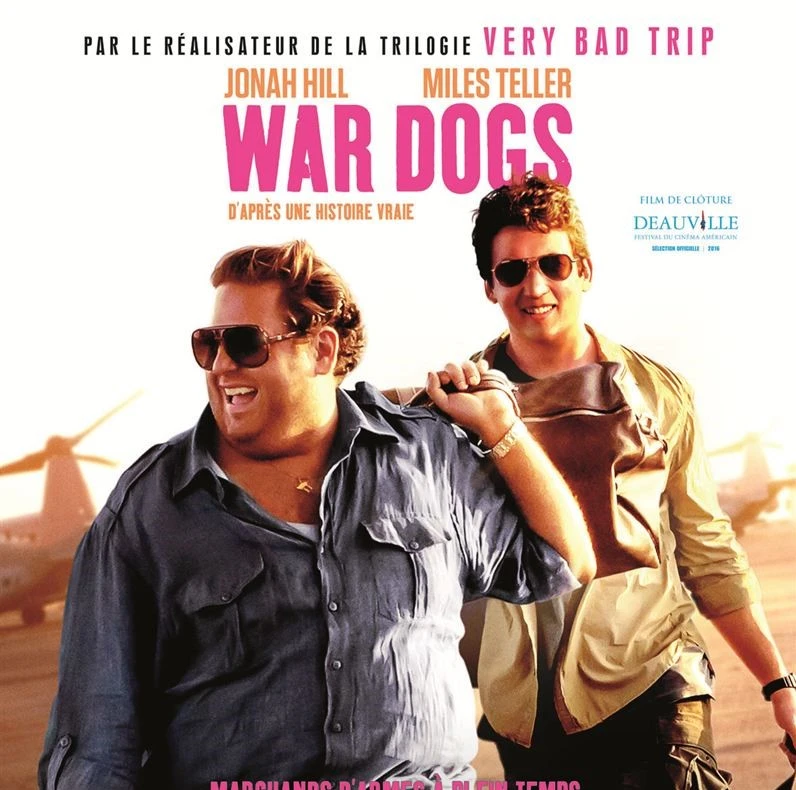Practical Guide to Optimising SME Quality Management Systems and Procedures
Discover essential strategies and best practices to enhance your SME's quality management systems and procedures. Learn practical tips for efficiency, compliance, and continuous improvement in this comprehensive guide.
Elevate your business's management and control capabilities with a holistic learning approach that integrates fundamental management principles and adaptive leadership skills. Explore concepts such as organisational structure, strategic planning, and decision-making processes to empower your management team to navigate today's dynamic business landscape.
Optimise Efficiency: Management Tips for SMEs from Case Studies
Explore the critical significance for Small and Medium Enterprises (SMEs) to delve into management and control case studies. These real-world examples offer invaluable insights into effective organisational strategies, risk mitigation, and operational efficiency. By analyzing successful case studies, SMEs can adapt proven methodologies, avoid common pitfalls, and optimise their management practices. Learn from the experiences of others to enhance decision-making, foster innovation, and drive sustainable growth. Discover how studying management and control case studies empowers SMEs to navigate challenges, seize opportunities, and thrive in competitive markets. Gain the knowledge and tools necessary to elevate your business to new heights of success.
Improve Operations: Key Management Practices for SMEs
- In the realm of management and controls case study learning, businesses should prioritise a multifaceted approach that integrates both theoretical knowledge and practical application. Firstly, a comprehensive understanding of management principles is essential. This includes grasping concepts such as organisational structure, leadership styles, strategic planning, and decision-making processes. Companies need to ensure that their managers are well-versed in these fundamental principles to effectively guide their teams and navigate the complexities of the business environment. Moreover, a focus on adaptive leadership is crucial in the rapidly evolving landscape of today's business world. Managers should be equipped with the skills to lead through change, inspire innovation, and foster a culture of continuous improvement.
- Secondly, an effective control system is paramount for ensuring the alignment of organisational activities with strategic objectives. Businesses should carefully design and implement control mechanisms that facilitate efficient resource allocation, risk management, and performance evaluation. This involves establishing clear performance metrics, feedback loops, and reporting structures. Additionally, technology plays a crucial role in modern control systems, with businesses leveraging advanced analytics and data-driven insights to enhance decision-making. Training programs and continuous learning initiatives should be in place to keep management teams updated on emerging trends, best practices, and innovations in both management and control methodologies. By integrating these considerations, businesses can cultivate resilient management practices and robust control systems to thrive in today's dynamic business environment.
Management and controls case studies

Written by: Malose Makgeta
MBA with 20+ years experience in SME development and funding. LinkedIn Profile
Systems and Procedures for SME Growth: Lessons from Movies The Founder, War Dogs and Moneyball
- The Founder (McDonald's): AThe McDonald brothers, Richard and Maurice, initially laid the foundation for effective management and controls at McDonald's through their innovative and streamlined approach to the fast-food business. They introduced a pioneering system featuring a simple menu, efficient kitchen layout (the Speedee Service System), and strict operational procedures to ensure consistency and speed in service. This meticulous design exemplified a clear organisational structure and operational controls, creating a template for future success. Ray Kroc, recognising the potential of their model, played a pivotal role in scaling the business. His contribution involved implementing standardized processes across franchises, emphasising quality control, and establishing a franchisee support system. Together, the McDonald brothers and Ray Kroc demonstrated the importance of a well-defined organisational structure, efficient operational controls, and continuous improvement, turning McDonald's into a global phenomenon.
- "> War Dogs (AEY): AEY's management, led by Efraim Diveroli, employs a combination of entrepreneurial ingenuity and opportunistic strategies to control their arms dealing operations. The management utilises a keen understanding of government procurement processes, exploiting loopholes to secure U.S. military contracts for weapons and ammunition. Efraim's charismatic leadership, paired with David Packouz's operational skills, enables them to navigate the complexities of the international arms trade. However, the lack of stringent controls and ethical considerations leads to a series of questionable decisions, ultimately jeopardising the success of their operations. The film portrays a management style marked by risk-taking, adaptability, and a willingness to bend the rules, showcasing both the opportunities and pitfalls of their entrepreneurial endeavors in the high-stakes world of arms dealing.
- Moneyball (Oakland A's): The Oakland Athletics, under the unconventional management of Billy Beane as depicted in "Moneyball," exemplified a strategic approach to management and controls in the realm of professional baseball. Facing financial constraints compared to big-market teams, Beane revolutionised the team's operations by emphasising data-driven decision-making and player analytics. This innovative approach aligned with effective management principles, as Beane strategically redefined player roles and team strategies based on statistical analysis. The clear delineation of roles and responsibilities within the organisation, combined with a focus on measurable performance indicators, allowed the A's to compete successfully against teams with significantly larger budgets. Beane's emphasis on undervalued assets and a systematic approach to talent acquisition showcased a commitment to internal controls, as the team sought to maximise its resources while minimising risks associated with traditional scouting methods. The A's success under Beane's management demonstrates how a well-structured management system and innovative internal controls can lead to competitive advantages even in resource-constrained environments.
CONTEXT
Business plan development is the process of creating a business strategy and plan to help a business implement its vision and achieve its goals over time. The primary goal of business plan development is to create a strategy for moving a business from its current state to its desired state through a series of business actions. The skills programme provides entrepreneurs and business managers with a platform and tools for business strategic planning.
Click here and draft your business plan in minutes
To request tailored accredited training and enterprise development services, contact us at businessplan@superdealmaker.com.
Get List for Funding Opportunities in Minutes, Click Here
To request tailored investment banking services, contact us at businessplan@superdealmaker.com.
Management and controls case studies lessons from case studies:
Lessons from The Founder - McDonalds

Movie Description
The Founder is one amazing movie and is a must watch for every entrepreneur. It not only gives you life lessons and but also few path breaking business lessons. The Founder is story of Ray Crock. How a 52-year-old sales man turned two brothers (McDonald Brothers) small eatery into the world’s biggest restaurant business. McDonald brothers had invented the speedy system a process to deliver food in seconds but couldn’t develop business beyond their one restaurant. This is Ray Crock comes re-imagines the whole fast food business and created the McDonald Corporation we see today.
Expected Outcomes
The Founder is jam-packed with practical business advice. It pulls back the curtain to reveal the secrets of Ray Krocs transformation of McDonalds into one of the worlds largest fast food restaurants. Entrepreneurs and business owners will discover: “Nothing in this world can take the place of persistence. Talent wont; nothing is more common than unsuccessful men with talent. Genius wont; unrewarded genius is practically a cliché. Education wont; the world is full of educated fools. The purpose of this case study is to provide a practical case study on how to build a business in the manufacturing sector—that is, a business that takes raw materials and adds value to them to produce a product.
Rational
Ray Kroc, a 52-year-old over-the-hill salesman struggling to sell multimixers, turned two brothers innovative fast food eatery, McDonalds, into the worlds largest restaurant business through a combination of ambition, persistence, and ruthlessness. If you are a small business owner looking to learn about scaling, franchising, and brand building, McDonalds is the one business to look to as a reference, as they have done this incredibly well. They are a true American business success story and icon. The story of how McDonalds came to be is told in a new film, The Founder, and we learn the true story of Ray Kroc, the traveling salesman who is credited with making McDonalds what it is today, and its original founders, Richard and Maurice McDonald.
Key Lesson
None
Lessons on Systems, Policy, and Procedures from McDonald's
"The Founder" is a movie based on the true story of how Ray Kroc built the McDonald's fast-food empire. The film offers valuable insights into the importance of systems, policies, and procedures in the success of a business. Here are some key lessons we can learn:
- Standardisation: The movie emphasises the significance of standardising processes and procedures across all franchise locations. This enables consistent quality and customer experience throughout the entire organisation.
- Systematic Approach: Ray Kroc recognised the need for a well-defined system that could be replicated across multiple locations. This allowed for scalability and efficient operations, ensuring that each restaurant followed the same protocols and guidelines.
- Operations Manual: The creation of a comprehensive operations manual was crucial in maintaining consistency. The manual documented every aspect of the business, including food preparation, cleanliness standards, and customer service, ensuring that employees understood and adhered to the established procedures.
- Streamlined Processes: The movie showcases the importance of streamlining processes to increase efficiency. Ray Kroc introduced innovative techniques like the "Speedee Service System," which focused on minimising waiting times and optimising customer satisfaction.
- Training and Development: The film highlights the significance of providing thorough training to employees. Properly trained staff ensures the delivery of high-quality products and services, enhancing the overall customer experience.
- Quality Control: Maintaining consistent quality is crucial for any successful business. "The Founder" demonstrates the establishment of quality control measures, including rigorous inspections and adherence to strict standards, to ensure customer satisfaction.
- Effective Communication: Clear communication channels are vital for seamless operations. The movie emphasises the importance of effective communication between franchise owners, employees, and the corporate office to ensure alignment with company policies and objectives.
- Continuous Improvement: The character of Ray Kroc constantly seeks ways to improve and innovate. He challenges the status quo and encourages the implementation of new ideas and technologies to enhance efficiency and profitability.
- Brand Consistency: "The Founder" illustrates the significance of maintaining brand consistency across all locations. By adhering to standardized systems, policies, and procedures, McDonald's established a strong and recognizable brand identity worldwide.
- Adaptability: The movie also showcases the need for businesses to adapt to changing circumstances. As the company grows, Ray Kroc and the McDonald's team modify their systems, policies, and procedures to accommodate new challenges and opportunities.
The movie "The Founder" provides valuable lessons on the importance of systems, policies, and procedures in building a successful business. By following the principles showcased in the film, organisations can strive for consistency, efficiency, and continuous improvement, leading to long-term success and growth.
The Importance of Ethical Agreements in Business
Never enter into an agreement that will make the other person feel bad. Relationships are extremely important. He was not cool when he treated the McDonald brothers when he had the upper hand. Is this to say that you can never amend or break an agreement for a "just" reason? No. But, even in business, there is a "right way" to do everything.In one of the great business heists of all time, Kroc negotiated a $2.7 million payment to the McDonald brothers for the then 200-unit restaurant chain, along with a "handshake deal" for 1/2% of the company's revenues in perpetuity.
Contracts should be carefully negotiated: Well-negotiated legal contracts create defenses and add to competitive advantages. Ray Kroc initially agreed to a complicated contract that required all business decisions to be made through the McDonald brothers. Later, rather than putting the deal of providing 1% of McDonald's earnings to the McDonald brothers in writing, Ray Kroc offered them a handshake deal on this term. According to the film, the McDonald brothers were legally prohibited from using their own last name on the signage of their restaurant, and they were unable to prove their handshake agreement, so they were denied any royalties from the McDonald's corporation.
Lessons from War Dogs - AEY

Movie Description
War Dogs is based on one of those true stories that no one would actually believe if it were written as fiction. In the mid-’00s, two kids named Efraim Diveroli and David Packouz managed to secure a $300 million contract with the United States government to supply allied forces in Afghanistan with arms and ammunition. They then embarked on a globetrotting misadventure that saw them dealing with shady crooks and corrupt politicians and dangerous soldiers in the name of making a fortune. Most astonishingly, both men were twenty something stoners with no experience handling anything of this size or scope. As much as the film may diverge from the truth for the sake of cinematic drama, the core story remains jaw-droopingly true.
Expected Outcomes
There are several important lessons that any aspiring new entrepreneur can learn from Hollywoods portrayal of business in these business movies. Two friends embark on that journey, and they do what any excited real entrepreneur or business manager would do: they hustle, work like dogs, read and study all night, and have a do-whatever-it-takes attitude. If a deal is about to fall apart, they hustle even harder and manage to keep it together. The purpose of the case study is to provide a practical case study on how to build a business in the facilitated network sector, which makes money by allowing people to exchange information, products, and services.
Rational
Entrepreneurs are constantly learning on the job, from their peers to their idols, and, most importantly, from their own mistakes—the road to owning your own business is littered with lessons learned. However, learning some of these lessons before embarking on your own journey only makes the process easier. i.e. Cutting corners can be an expensive proposition - Finding the best deals can be wise but make sure that you consider long-term costs and the time that you might have to invest to fix problems.
Key Lesson
None
Lessons on Systems, Policy, and Procedures from War Dogs
The movie "War Dogs" provides several valuable lessons on systems, policies, and procedures within the context of business. Let's explore some of these lessons and their relevance in a real-world business setting:
- Compliance with Legal and Regulatory Frameworks: The movie highlights the importance of adhering to legal and regulatory frameworks when conducting business. The characters face significant consequences when they disregard these rules, emphasising the need for a robust compliance system.
- Establishing Clear Communication Channels: Effective communication channels are vital for efficient business operations. The movie shows how miscommunication and lack of proper channels can lead to confusion, misunderstandings, and ultimately, business failures.
- Risk Management and Assessment: "War Dogs" underscores the significance of identifying and managing risks associated with business operations. It highlights the importance of conducting thorough risk assessments and implementing appropriate risk management strategies.
- Documented Policies and Procedures: Having well-defined and documented policies and procedures is essential for smooth business operations. The movie showcases the challenges that arise when processes are not clearly outlined, leading to confusion and potential legal issues.
- Supplier Relationship Management: The movie emphasises the importance of building strong relationships with suppliers. Maintaining open lines of communication, negotiating fair contracts, and conducting due diligence on suppliers can contribute to long-term success.
- Effective Inventory Management: Proper inventory management is critical to avoid supply shortages or excess inventory. The movie highlights the repercussions of poor inventory management, including financial losses and missed business opportunities.
- Financial Controls and Transparency: Sound financial controls and transparency are crucial for any business. "War Dogs" demonstrates the significance of accurate financial reporting, ethical financial practices, and the need to avoid illegal or unethical activities.
- Continuous Improvement: The movie showcases the value of continuous improvement in business processes. By analysing past experiences and learning from mistakes, businesses can refine their systems and procedures to drive better outcomes.
- Ethical Decision Making: The movie raises ethical considerations in business transactions. It underscores the importance of making ethical decisions and conducting business with integrity to maintain a positive reputation.
- Accountability and Responsibility: "War Dogs" highlights the consequences of evading accountability and responsibility in business. Taking ownership of one's actions and ensuring accountability within the organisation is crucial for long-term success.
The movie "War Dogs" serves as a cautionary tale, shedding light on the significance of robust systems, policies, and procedures in business. By drawing lessons from the characters' experiences, viewers can learn valuable insights that can be applied in real-world business environments.
Note: The lessons mentioned above are based on the interpretation of the movie "War Dogs" and are not exhaustive or comprehensive in nature.
This movie highlighted the importance of filing and keeping your paperwork and your contracts. When you create an agreement with another you should copy that agreement and have multiple copies. In the movie, as the partnership was dissolving the other partner destroyed the only copy of the agreement and so there was no evidence of their partnership agreement. Furthermore, there were no witnesses present at the time of the deal. This meant that the partner leaving was at a distinct disadvantage to the other partner and would most likely have to sue and prove by the nature and previous actions of their relationship he was due consideration and compensation from the company upon him exiting.
Lessons on Systems, Policy, and Procedures from the movie "Moneyball"
The movie "Moneyball" provides valuable insights into the importance of effective systems, policies, and procedures in achieving success in a business or organisation. Here are some key lessons we can learn:
- Data-driven decision making: The movie highlights the significance of using data and analytics to make informed decisions. Billy Beane, the protagonist, challenges traditional scouting methods and adopts a data-driven approach to evaluate players' performance and value.
- Embrace innovation: "Moneyball" emphasises the need to embrace innovation and think outside the box. By utilising sabermetrics, a statistical analysis method, Beane revolutionises the way baseball talent is evaluated and challenges conventional wisdom.
- Importance of teamwork: Collaboration and teamwork are crucial for success. Beane works closely with his assistant, Peter Brand, and other members of the organisation to implement their new approach. Effective communication and coordination lead to the successful execution of their strategy.
- Adaptability: The movie highlights the importance of being adaptable and open to change. Beane faces resistance and skepticism initially but stays committed to his vision. He navigates through challenges and adapts his strategies based on evolving circumstances.
- Clear goals and objectives: Having clear goals and objectives is essential. Beane aims to build a competitive team on a limited budget. This objective guides their decision-making process and helps prioritise actions.
- Continuous improvement: The movie emphasises the significance of continuous improvement. Beane and his team constantly analyze and refine their approach to maximise results. They identify areas of improvement and adjust their policies and procedures accordingly.
- Effective talent management: "Moneyball" demonstrates the value of effective talent management. The focus is not solely on individual player abilities but on finding undervalued players who collectively contribute to the team's success.
- Resilience: Resilience and perseverance are vital when facing obstacles. Beane encounters setbacks and resistance, but he remains resilient, maintaining his belief in the system and the ultimate goal.
- Manage risks: Risk management is essential. Beane takes calculated risks by selecting players based on their statistical performance, rather than relying on subjective opinions. By mitigating risks through data analysis, he aims to increase the team's chances of success.
- Emphasis on long-term strategy: The movie encourages a long-term strategic outlook. Beane's approach focuses on sustained success rather than short-term gains. He prioritises building a foundation for the team's long-term competitiveness.
By applying these lessons from "Moneyball," businesses and organisations can enhance their systems, policies, and procedures, leading to improved decision-making, innovation, teamwork, and overall performance.
Nurturing Organisational Culture: The Key to Success
Organisational culture, if not properly nurtured, can be a dangerous adversary.
There are clichés about what got you here not getting you there, and culture eats strategy for breakfast. However, change is difficult, especially when it comes to people. Billy Beane, according to the A's scouting staff, is not allowing them to do their job, and he needs to have faith in the process that has made them successful in the past. It's a culture in which everything has always been done this way and anything else is doomed to fail. True leaders push the organisation out of its comfort zone by challenging old mindsets. Going against the grain, on the other hand, necessitates bravery. A leader with organisational authority can move things forward.
Remember that you're constructing for the long term, not the short term. Patience will be required to see the strategy fully implemented throughout your organisation. Be patient a little. Often, your best employees will need some extra time to shine. Don't pass judgment too quickly. Determine the situation. Is it because getting up to speed at your company is difficult that someone isn't cranking yet? Everyone is too preoccupied to show them the ropes? Be patient because their lack of early performance could be the context. However, don't be too patient. If someone isn't at least moderately productive in the first month or two, they're unlikely to be super-productive the following year. The truly exceptional people tend to provide value almost immediately.
Operational Excellence: Implementing SME Systems
The key takeaway from the exploration of Systems and Procedures case study learning lies in its pivotal role in equipping businesses with the tools to navigate and thrive in a rapidly evolving landscape. Firstly, a deep understanding of foundational management principles, such as organisational structure and strategic planning, empowers leaders to guide their teams effectively. Adaptive leadership skills are emphasized, enabling managers to navigate change, inspire innovation, and foster continuous improvement. This knowledge provides a solid foundation for building resilient management practices that can withstand the challenges of the modern business environment.
Secondly, an effective control system is highlighted as crucial for aligning organisational activities with strategic objectives. Through the implementation of clear performance metrics, feedback loops, and reporting structures, businesses can ensure efficient resource allocation, robust risk management, and accurate performance evaluation. Embracing technology and data-driven insights enhances decision-making processes, providing a competitive edge in today's data-driven world. By independently developing and refining these control mechanisms, businesses can achieve a higher level of operational efficiency and strategic alignment.
Lastly, the takeaway underscores the importance of continuous learning and staying informed on emerging trends. With dynamic business environments and evolving industry landscapes, ongoing education initiatives are essential. This commitment to learning positions businesses to proactively adapt to changes, integrate best practices, and leverage innovations. The combined focus on management principles, control mechanisms, and continuous learning establishes a comprehensive framework for businesses to not only survive but thrive in the complex and competitive world of modern commerce.
Join the Conversation: Share Your Thoughts on This Article
- No comments yet.
Add Your Comment Now!



